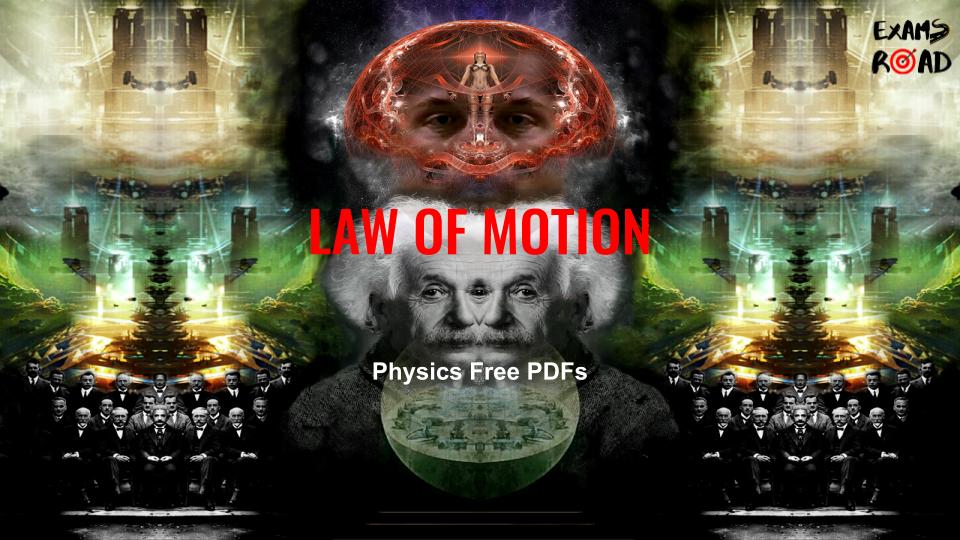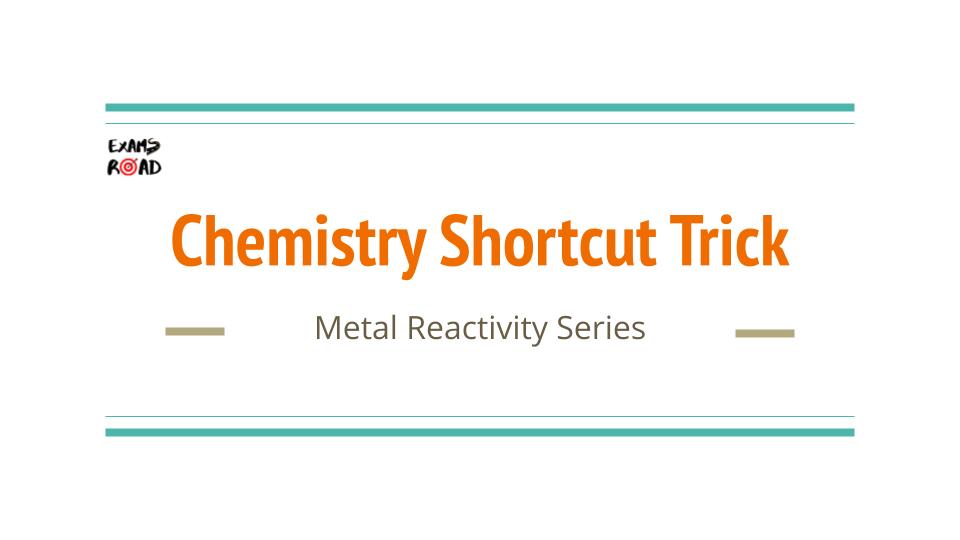How to memorize Chemistry Inorganic Reactions?
1. First of all, learn the symbols and formula of simple and polyatomic ions. ( create some memory techniques yourself ).
2. Categorize the ions into positive and negative ions ( those ions name end with ide, ite or ate suffix are negative ions ).
3- Classify them according to their valences. ( create some memory techniques for the same)
4. Learn the 4 steps rule to derive the formula of any compound.
5. Learn the various types of equations and how to recognize them and learn to predict the products.
6. Apply these techniques in learning the equaoons in your syllabus.
7. Verify your predicted products with the actual products given in the text. If anything is wrong corrct your thought proces so that your answers go well with the actual answer.
8. Though there are only 4 types of main reactions, about 17 types of various simple reactions types will help anyone to master the equations.
Guidelines to Study Inorganic Chemistry
The best way to study for JEE is start early and read in parts as studying everything in one take may result in huge confusion. Given below are a few tips for students who find Inorganic Chemistry difficult.
- Understanding Periodic Table
Periodic Table is the base of Inorganic Chemistry. One should devise interesting and fruitful ways to study the position and properties of the elements. Creating a flow chart or a concept map to know the trends in properties is the best way to understand this topic. This will make Periodic Table interesting and fit in your mind.
Bear in mind, once you’ll get thorough the understanding of Periodic Table, studying the behaviour of elements in groups and periods will become simple.
- Studying Metallurgy
This is another important topic from Inorganic Chemistry. Aspirants must devise the best approach to study and understand this topic. First of all, try to understand all metallurgical operations and their applications. And once this is done, study for the individual elements.
Bear in mind, don’t memorize or mug up this topic else you won’t understand anything. You should create a flow chart and follow it properly for better understanding of this chapter.
- Learn Chemical reactions
This is one of the scoring topics and the best way to learn this topic is to understand the context in which these reactions are written. You should try to make a practice of translating a word equation into chemical equations in terms of chemical formulas. Also, always balance your reactions and write and practice the formula – it is one of the best tips for understanding and memorizing formulas.
- Read Coordination Compounds
This is a relatively analytical and interesting topic. It needs apt problem solving practice. This topic comprises of scoring sub-topic like Isomerism. The best way to get in-depth understanding of this topic is through practice.
- Understand Analytical Chemistry
This is the final and relatively simple topic of Inorganic Chemistry. Majority of this topic is done in lab which gives practical knowledge to students. Therefore, it can be learnt easily.



















